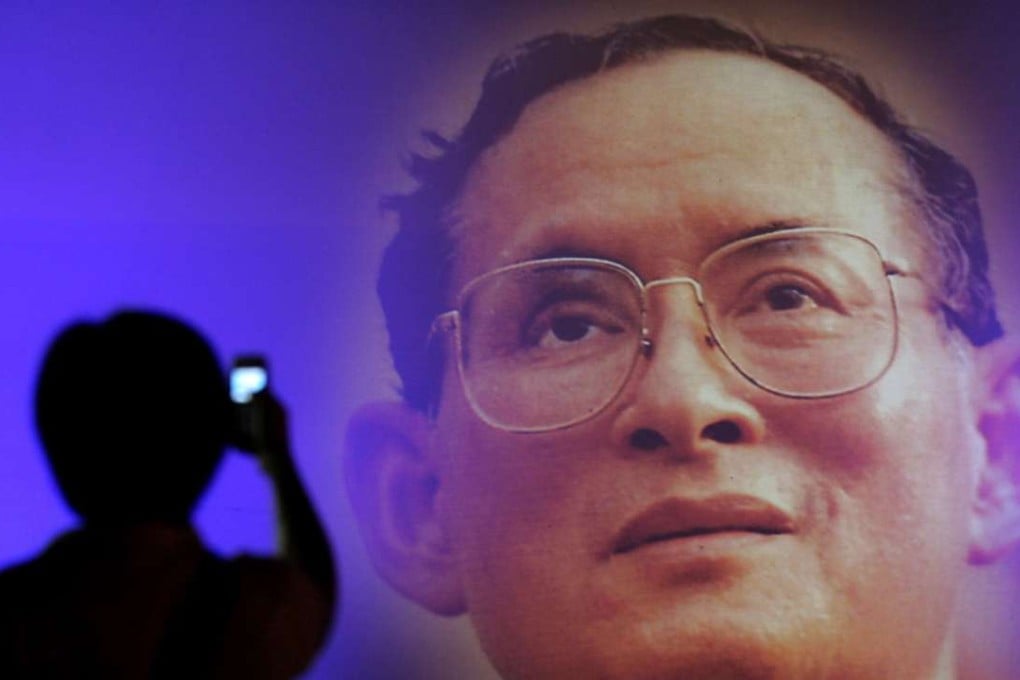It's the end of an era for Thailand - but also the beginning of a new one
The reverence Thais accorded to King Bhumibol is hard to overestimate. His moral authority has long been a striking feature of Thai life

In a record-breaking 70-year reign, Thailand’s King Bhumibol Adulyadej rose from being a reluctant teenage monarch to a semi-deity venerated for his role as a stabilising force in a country riven by bitter conflict between royalist urban elites and the disenfranchised rural poor.
The monarch, the ninth king of the ruling Chakri dynasty, died yesterday aged 88 in the capital Bangkok’s Siriraj hospital after a long struggle with age-related ailments including renal failure.
Bhumibol was the world’s longest reigning living monarch, surpassing Queen Elizabeth’s 64 years on the British throne and Brunei ruler Hassanal Bolkiah’s 49-year reign.
Thailand immediately plunged into mourning and tributes flowed from world leaders for the polyglot, Western-educated monarch who for decades spearheaded large rural development projects and served as the kingdom’s foremost ambassador around the world.
For some, however, the death of the only king most of the current Thai population of 67 million have known presents a window for nationwide introspection on the future of the monarchy, a deeply taboo topic due to tough lese-majeste laws regularly criticised by international rights groups.
In a country that has grown accustomed to political chaos – it has seen some 20 coup attempts including 12 successful ones in the last century – the reverence for Bhumibol flowed from his ability to ostensibly stay above the fray and exert moral authority to restore calm each time the waters became choppy.